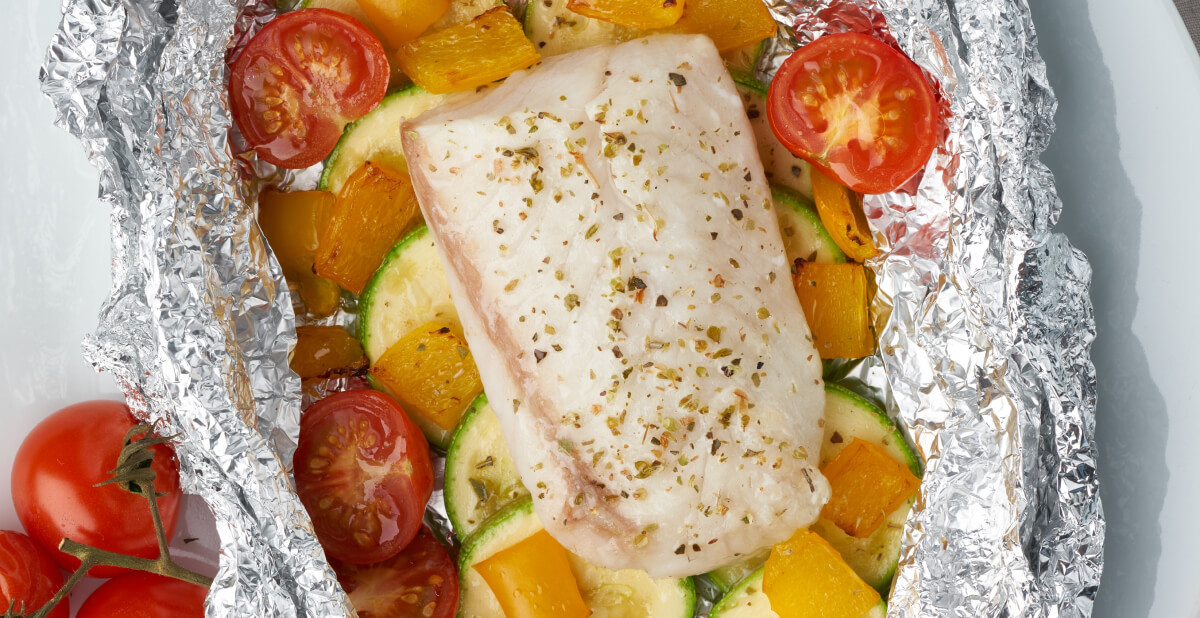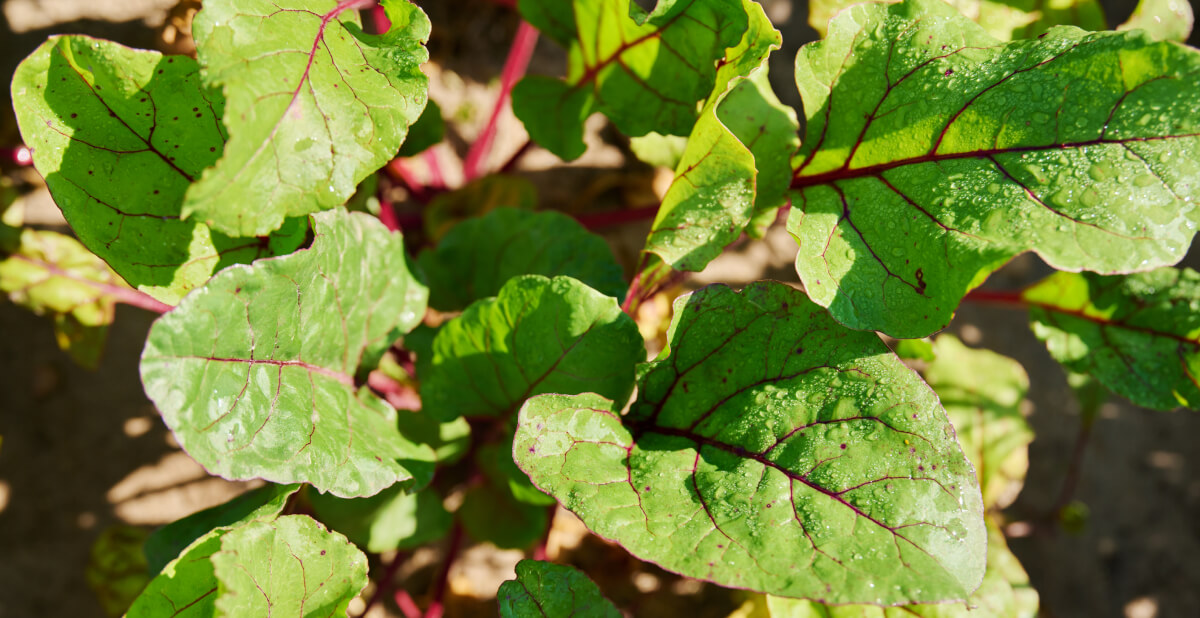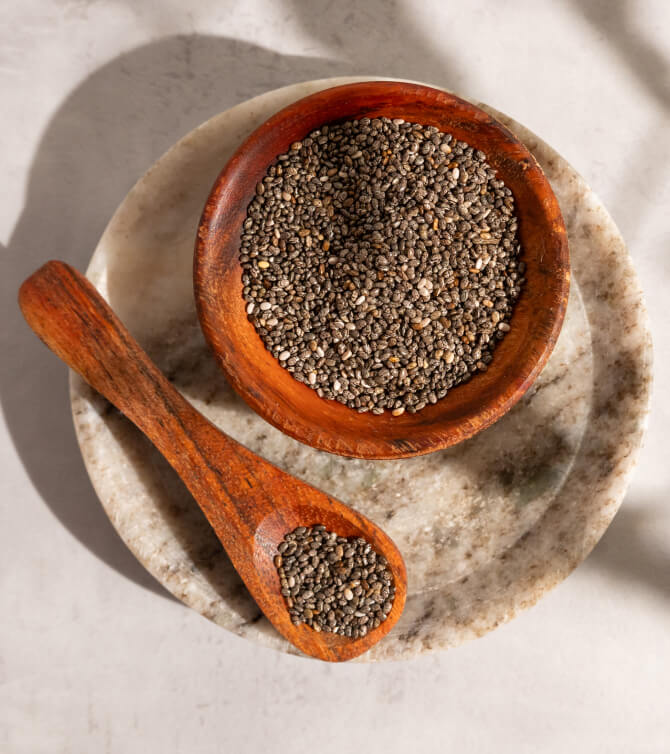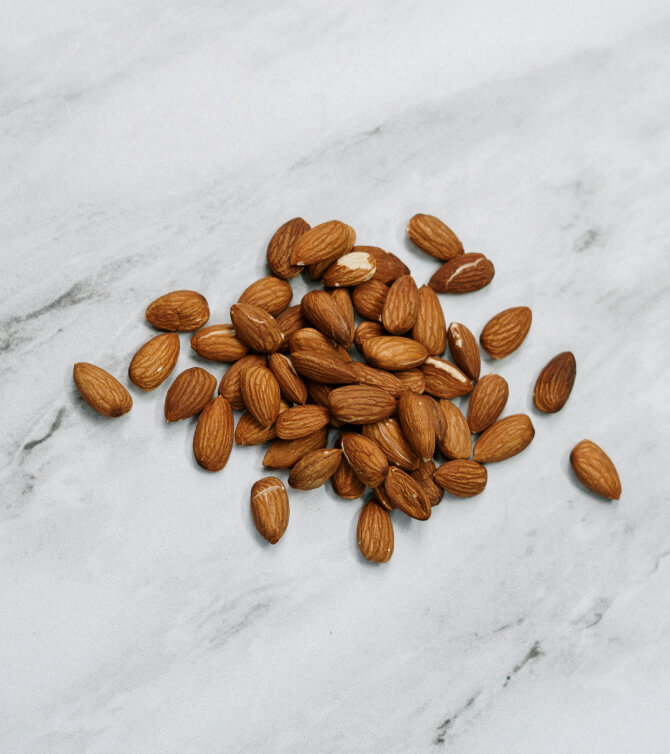Can you picture what the perfect food looks like? We’re not talking about a loaded pizza or a towering sundae (as delicious as that sounds), but rather the most nutritious option that comes to mind. Your body needs nutrients to function at its best, but sometimes it’s hard to decide which foods are the best options.
Luckily for us, science has the answer. In a study by the National Research Foundation of Korea, scientists investigated over 1,000 different raw foods to evaluate their nutritional composition. Nutrients were assessed in groups of protein-rich, fat-rich, carbohydrate-rich, and low-calorie properties. The result? A list of the most nutrient-dense foods in the world!
See how you can incorporate these foods into your meal plan—and find out what a balanced diet can do for your overall health.
The fuel your body needs
What are nutrients, exactly? Beyond carbs, proteins, and fats, there are a few more key players to consider. Let’s break down what other nutrients should be included in a varied diet:
Vitamins
You’ve heard it before: staying healthy means getting your daily vitamins. But besides vitamin D, your body can’t produce any on its own, meaning that all necessary vitamins must come from food (or supplements). Some of the most important? Vitamins A, C, E, and B complex are all essential for cell health and regeneration.
Minerals
These inorganic substances come from rocks or soil and help to keep your bones, muscles, and organs working as they should. A couple of the most notable? Magnesium and potassium—both found inside one breakfast favorite: bananas.
Antioxidants
Carotenoids, polyphenols, and flavonoids. You might not be as familiar with these essential antioxidants as popular vitamins and minerals. But that doesn’t mean they’re any less important.
A diet rich in antioxidants plays a crucial role in combatting inflammation and neutralizing free radicals from environmental stressors, including pollution. Free radicals can accelerate tissue and organ damage — and as your skin is your body’s largest organ, antioxidants are also essential for a healthy, radiant complexion.
How much does your diet affect your skin? Check out which fresh superfoods help you glow from the inside out.

The most nutrient-dense foods on earth
Nature plays favorites—made all the more apparent by these near-perfect foods. Each of the following grocery store picks contains an impressive combination of vitamins, minerals, and antioxidants.
Let’s start the countdown.
10. Snapper
Be prepared for quite a bit of fish on this list! Snapper is generally found in more tropical waters, but the whole family of fish includes a vast 105 species. The most common type sold in the US is the red snapper, found in deep Atlantic waters.
As a delicate fish, it’s versatile and can be cooked in many different ways. Add it to your shopping list to get your daily dose of vitamins D and E, magnesium, and omega-3 fatty acids.

9. Beetroot greens
Often overlooked, the green leafy section of the beetroot is actually the most nutritious (not that beets themselves should be ignored). They can also be tasty, so don’t toss out the leaves when cooking**—try using them as a spinach substitute instead.**
Beet greens are rich in calcium, iron, and vitamin K. Both calcium and vitamin K are important to bone health, making beetroot greens an ally for proper posture and healthy aging.

8. Pork fat
It might be one of the more surprising items on the list, but compared to other animal fats, pork fat is much more nutritional and less saturated than beef or lamb fats. It’s also a good source of B vitamins and other minerals. However, try adding it to your diet only in moderation, avoiding heavily processed versions.
7. Swiss chard
More leafy greens—more chances to get creative with your recipes. This one’s somewhere in the middle of spinach and kale when deciding how to prepare it. It’s versatile and can work in salads or simply sautéed with garlic as a quick side dish. Containing calcium, iron, magnesium, zinc, and vitamin E, Swiss chard is packed full of nutrients.

6. Pumpkin seeds
Pumpkin seeds, and seeds from other squash varieties, are rich plant-based sources of iron, manganese, fiber, magnesium, and healthy fats. They’re also high in antioxidants and fatty acids—and thanks to their availability and compact size, they’re easy to add to any diet! You can sprinkle them on top of yogurt, use them in salads, add them to bread dough, and, of course, enjoy them on their own.
5. Chia seeds

These little seeds have earned their place at the top of many superfood lists, so their spot here might not come as a surprise. Chia seeds contain fiber, protein, phenolic acid, and a variety of vitamins. Try sprinkling them over salads, using them in your overnight oats, or adding them to smoothies.
4. Flatfish
What is flatfish, exactly? This seafood category includes sole, flounder, turbot, plaice, and halibut. This type of fish is generally low in mercury (and calories) while also being a reliable source of vitamin B1, vitamin D, phosphorous, and potassium.
3. Ocean perch
There are many different types of perch around the world, but this list of nutrient-dense foods only refers to one — the ocean perch, found in the Atlantic. Depending on where you’re from, you might also call it a rockfish. No matter the name, this fish is a high-protein, low-saturated-fat option—making it a win-win for a balanced diet.

2. Cherimoya
While it’s not so commonly seen outside of Latin America, the cherimoya (sometimes spelled chirimoya) is a creamy-textured fruit that grows in tropical regions around the world. What does it taste like? A delicious mix of banana, mango, and coconut—almost like a tropical fruit smoothie. In addition to tasting great, it’s rich in natural sugars, potassium, and vitamins.
1. Almonds
There you have it — the humble almond can be considered the most nutrient-dense food on the planet. Used to the spotlight by now, almonds have been at the center of multiple studies on heart health and diabetes-related benefits. They’re packed with nutrients: fiber, mono-unsaturated fats, magnesium, vitamin E, and plant-based protein. Raw almonds are great to snack on, so try to include a small serving (around one ounce) of this power food in your diet when you can.

Start small
Now that you’ve discovered the most nutrient-dense foods on the planet, it’s time to figure out how to make them work for you. Instead of aiming for an overhaul of your eating habits, start with bite-sized updates to your weekly shopping list.
Experiment with new recipes and tastes as you see fit, adding more variety to your diet with these nutrient-rich foods. No matter how big or small the changes, your body, and your skin, will thank you for it.
Sources and references:
Kim, S., Sung, J., Foo, M., Jin, YS., Kim, PJ. Uncovering the Nutritional Landscape of Food. PLOS One. March 13 (2015) https://doi.org/10.1371/journal.pone.0118697
https://www.ncbi.nlm.nih.gov/pubmed/?term=almonds
https://fdc.nal.usda.gov/fdc-app.html#/food-details/170567/nutrients
https://www.britannica.com/animal/snapper
Behind the blog:
Article written and reviewed by:
Our namesake embodies the spirit of embracing life and all its wonder. As wellness journalists, we explore topics that invigorate the senses and keep curiosity alive. We believe that glowing skin is the result of a healthy body and mind. Weaving beauty with science, we aim to inspire you to live young at every age.











